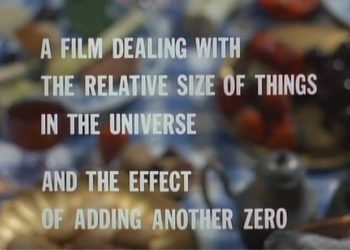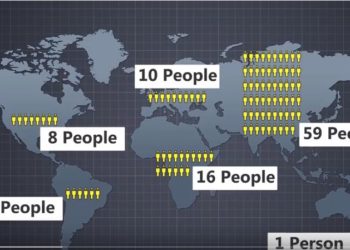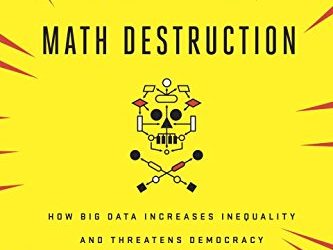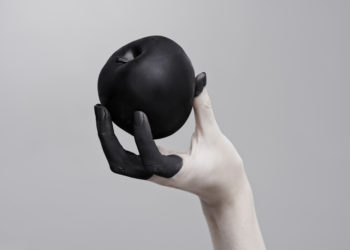We tend to think of magic tricks as involving sleight of hand or obfuscation, but many tricks, particularly card tricks, are mathematically based. In the video below, the folks from VSauce take what seem like amazing feats and break them down into fairly simple mathematical explanations. At least things seem straightforward until they explain the number of different sequences a deck of cards can be dealt into. I’m still trying to wrap my head around that one.
Discussion
1 Thought on "The Fine Line Between Math and Magic"
Great stuff, but there is a more fundamental point, perhaps conjured up by the term “maths envy.” We greatly admire those who can understand these complexities. But there is something about the minds of some mathematicians that should give us pause. William Bateson struggled for six hard years (1900-06) against the “biometricians” to gain acceptance of the genetic ideas of Gregor Mendel and much more. The biometricians founded modern statistics. But they did not recognize their limitations.
Bateson’s victory was transient. Although Mendel’s ideas gained acceptance their integration into biology, the so-called “modern synthesis,” was much influenced by mathematicians. They may not have been particularly good mathematicians, but their dominance had been assured by Einstein whose marvellous studies left everyone gasping. Einstein may have helped the physicists, but he has much to answer for regarding progress in biology. Slowly, painfully, Bateson’s ideas are now being resurrected.



